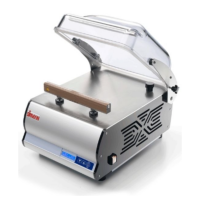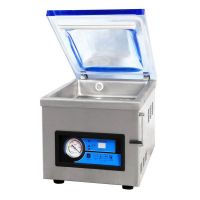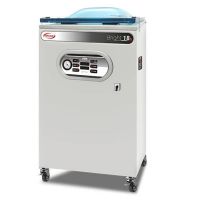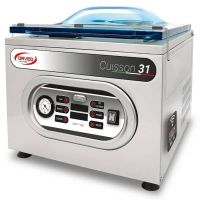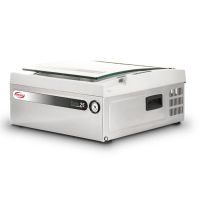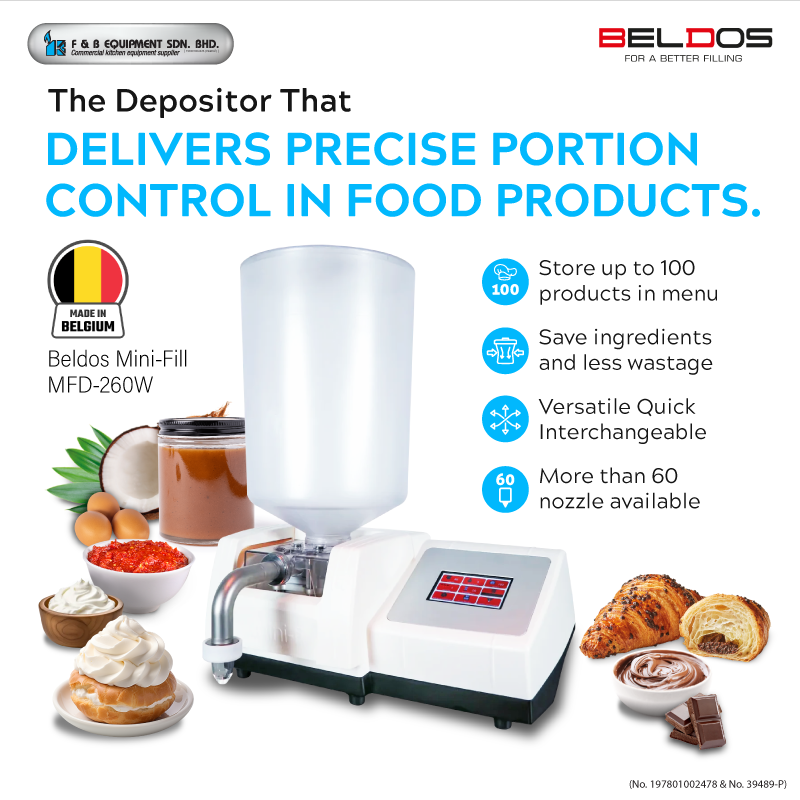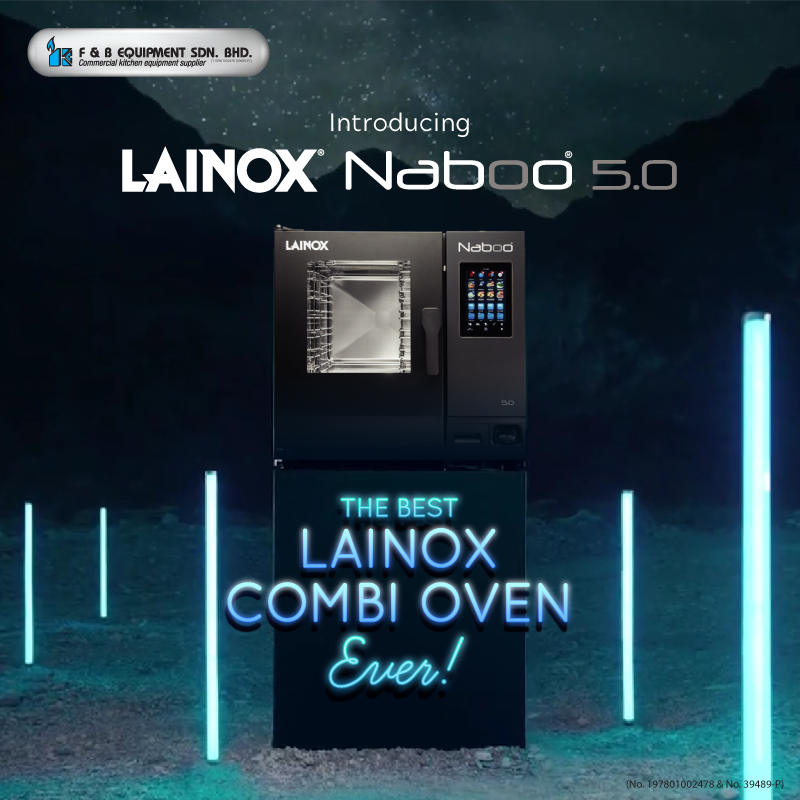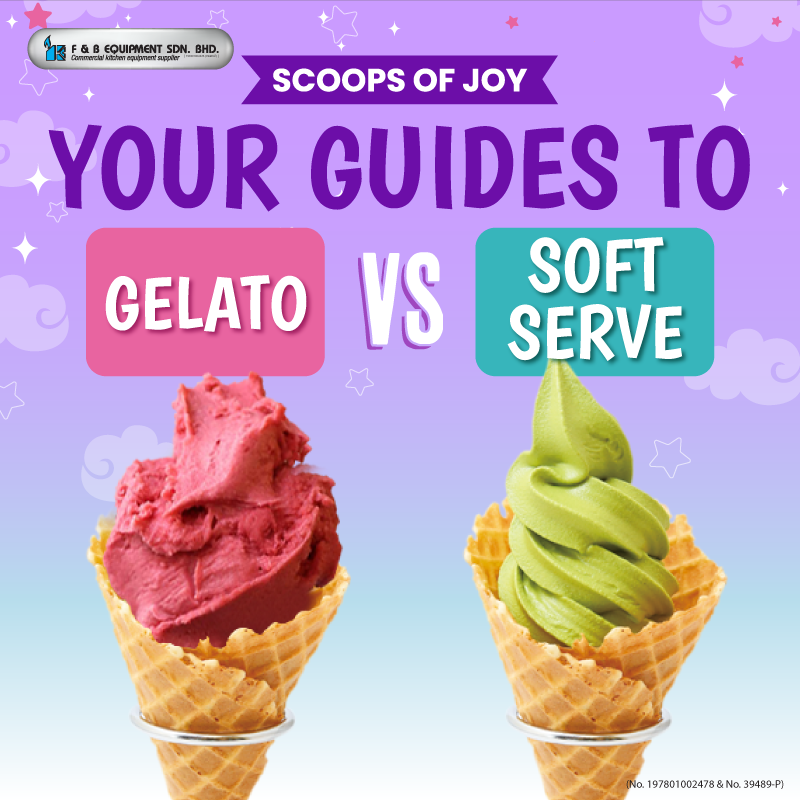The Science Behind Marination: Immersion vs. Vacuum
Marination is a cooking technique that involves soaking food, usually meat, in a flavorful liquid to enhance its taste and texture. This liquid typically contains acids, like lemon juice or vinegar, along with herbs, spices, and oil. The acid works by breaking down proteins in the meat, making it more tender, while herbs and spices infuse flavor into the surface. But not all marination methods are created equal, especially when it comes to how well and how quickly these flavors penetrate the meat.
This is where the difference between immersion marination and vacuum marination comes into play.
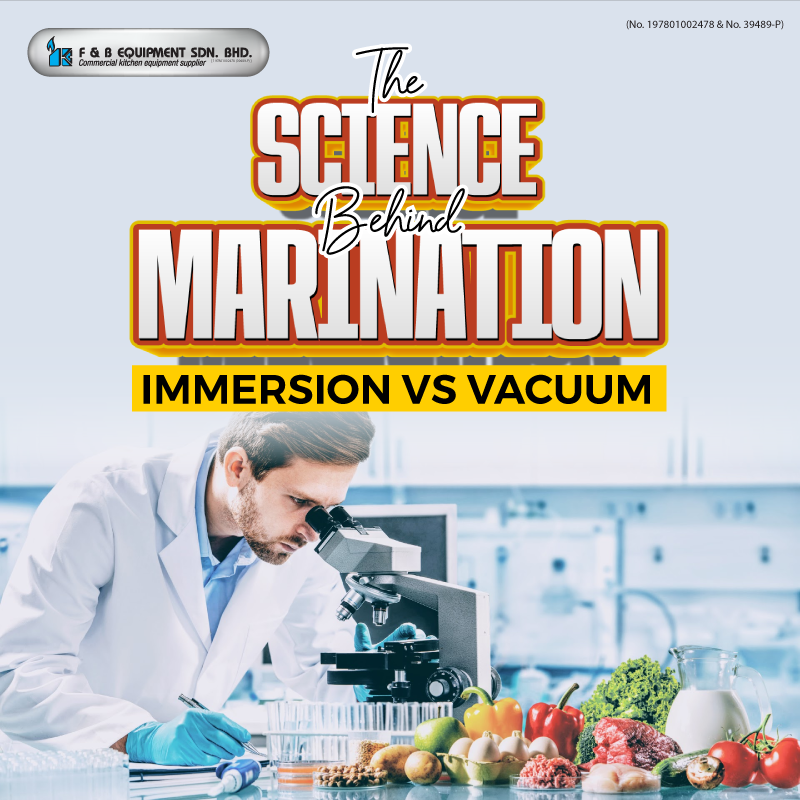
The Mechanism of Marination
When marinating meat, the acids (such as lemon juice or vinegar) help tenderize the meat by denaturing proteins. Herbs and spices contribute aromatic compounds that give depth and complexity to the dish. However, these ingredients primarily affect only the surface of the meat. Here's how it works in more detail:
Acid (e.g., Lemon Juice or Vinegar): Breaks down the proteins in the meat, making it softer.
Herbs & Spices: Provide flavor that clings to the surface of the meat.
Oil: Helps disperse fat-soluble flavors and can slightly penetrate the outer layers of the meat.
For a deeper flavor infusion, the marination liquid needs to penetrate through the muscle fibers, and this is where vacuum marination proves to be far superior to traditional immersion.
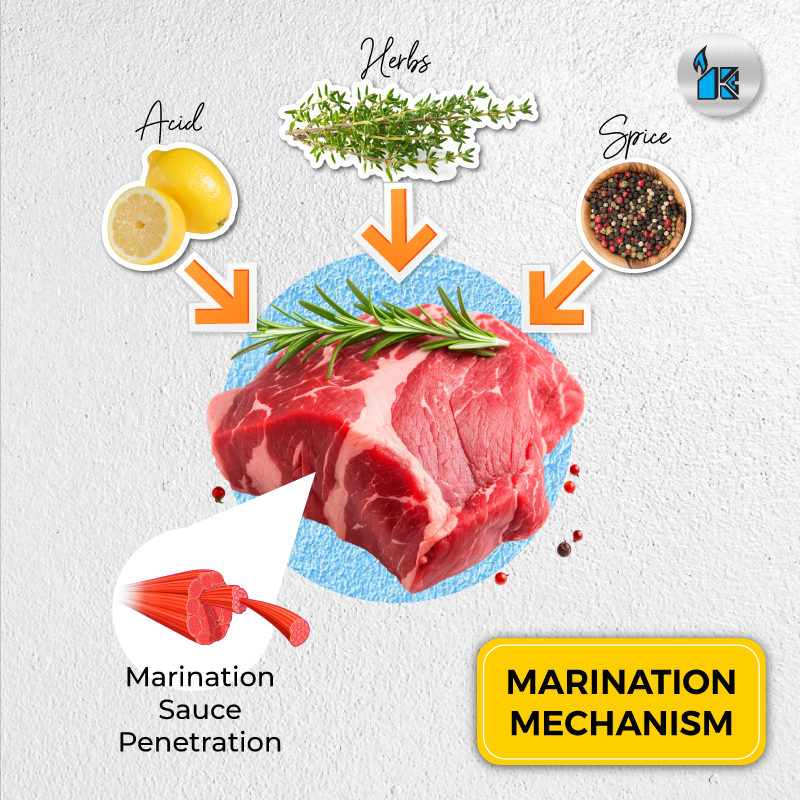
Vacuum Marination Process Flow
When using a vacuum pack machine with a marination function, the process becomes quicker and more efficient. Here’s a simple step-by-step breakdown of how it works:
Prep & Mix Ingredients: Combine your choice of acid (like lemon juice), herbs, spices, and oil.
Vacuum Seal: Place the meat and marinade into a vacuum bag and seal it.
Use Marination Function: The vacuum removes air from the bag, creating a low-pressure environment. This allows the marinade to penetrate deeply into the fibers of the meat.
Ready to Cook: After just a few minutes, the meat is thoroughly marinated, tenderized, and ready to cook!
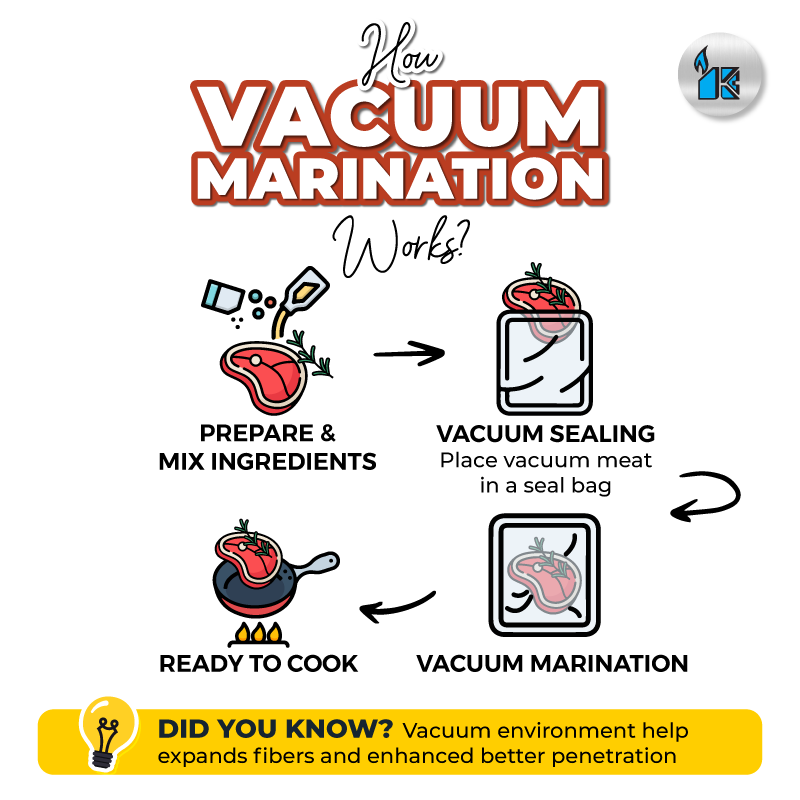
Immersion vs. Vacuum Marination: A Detailed Comparison
1. Speed
Immersion Marination: Requires overnight soaking for the flavors to mildly penetrate the outer layers of the meat.
Vacuum Marination: Takes just 2 minutes per cycle, making it significantly faster by drawing out the air and forcing the marinade deep into the meat’s fibers.
2. Flavor Penetration
Immersion: Flavors are distributed unevenly across the meat. The surface absorbs the marinade, but it doesn't penetrate deeply, which can result in inconsistent taste.
Vacuum: Provides uniform distribution of the marinade across the meat, ensuring that flavors penetrate the deeper layers for a more consistent and thorough infusion.
3. Tenderization
Immersion: The degree of tenderization depends on the time the meat is left to marinate. Longer marination improves tenderization, but it’s not always guaranteed to reach the inner layers.
Vacuum: Enhances tenderization by allowing the marinade to penetrate into the muscle fibers, making even thick cuts of meat tender in a shorter time.
4. Texture
Immersion: The texture may be less consistent due to uneven marination and tenderization.
Vacuum: Results in an improved and more efficient texture as the marinade is uniformly absorbed, leading to more even cooking results.
5. Moisture Retention During Cooking
Immersion: Tends to result in less moisture retention, leading to drier, less juicy meat after cooking.
Vacuum: Helps to retain more moisture during cooking, making the meat juicier and more succulent.
6. Equipment Needed
Immersion: Does not require high-end equipment; just a container and ingredients.
Vacuum: Requires a vacuum pack machine, which offers the additional benefits of faster marination, deeper flavor infusion, and superior texture.
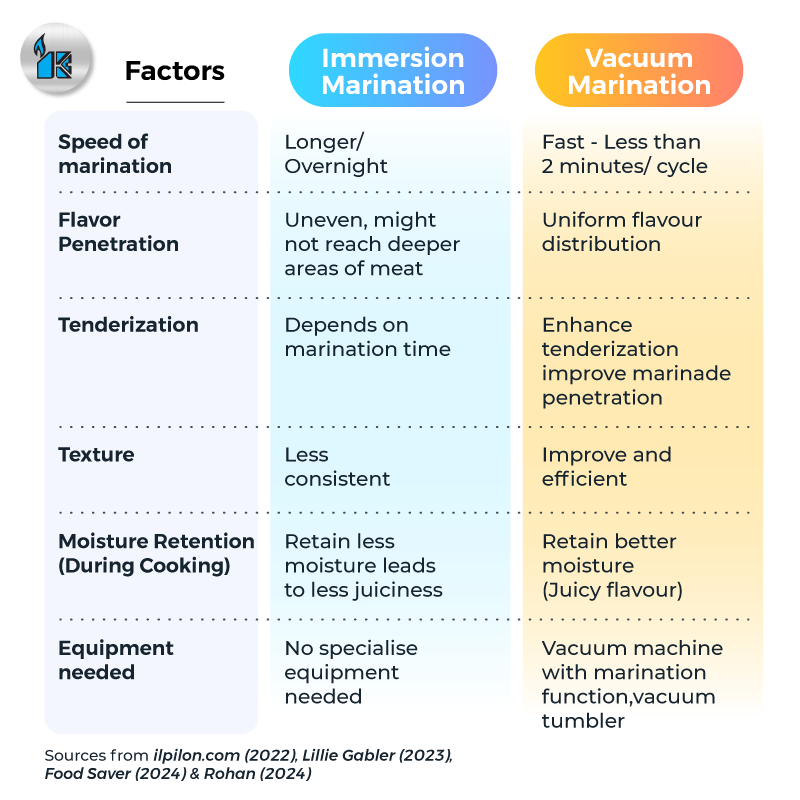
Why Vacuum Marination is the Better Choice
While immersion marination has been the traditional method for many, the vacuum marination process offers several advantages. The vacuum environment allows the marinade to penetrate deeper into the meat fibers, ensuring that flavors reach all parts of the meat quickly and uniformly. This leads to better flavor, enhanced texture, and increased moisture retention during cooking, resulting in juicy, flavorful meat in less time.
With the Vacuum Pack Machine featuring a marination function, you not only save time but also elevate the overall quality of your marinated dishes. It's the perfect solution for chefs and food enthusiasts looking to get the best results from their marination process.

